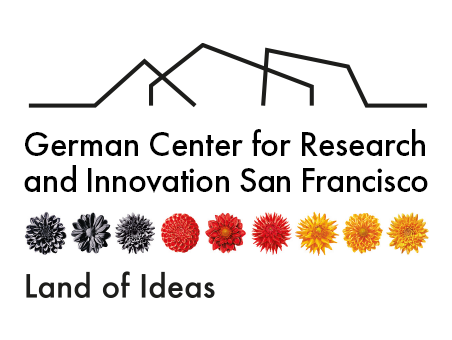Artificial intelligence: SPOTLIGHT ON PEOPLE AND SOCIETY
 © AdobeStock
© AdobeStock
How can the potential of artificial intelligence be maximized for the benefit of society while minimizing risks as effectively as possible? This question is at the heart of the 2024 focus topic of the German Centres for Research and Innovation (DWIH), explored within their global network.
The advancement of artificial intelligence is progressing swiftly. With the remarkable success of foundational models like ChatGPT, the technology has transcended niche applications and entered the everyday lives of numerous individuals. Such transformative power necessitates thoughtful consideration of both the potential and challenges inherent in this technology.
International research collaborations, such as those facilitated by the German Centres for Research and Innovation, play a crucial role in this context. Artificial intelligence offers diverse applications to address local challenges in the countries where the DWIH operate—whether it’s adapting to climate change, optimizing traffic management, alleviating pressure on healthcare systems, or reshaping education to navigate crisis situations. Simultaneously, it is imperative to establish a global consensus on the risks and limitations associated with this technology.
Broad Spectrum of AI Research
The network of German Centres for Research and Innovation uniquely provides the invaluable combination of local expertise and global dialogue. It was only natural, then, for the DWIH Board of Trustees to once again prioritise AI as a key technology, following its focus in 2019.
This decision aligns seamlessly with the DWIH’s commitment to comprehensively cover the spectrum of the AI debate through a diverse array of dialogue sessions and events. Encompassing specific potential applications across various industries, the discussions will also delve into overarching issues such as governance, geopolitical challenges, and the potential impact of AI on human and fundamental rights.
Visit the DWIH network website for further insights into the rationale behind the DWIH’s focus topic for 2024.
The San Francisco region stands as a preeminent global hub for AI research and innovation. Home to some of the world’s most renowned universities and research institutes, including Stanford University, the University of California Berkeley, the Lawrence Berkeley National Laboratory, and SRI International, it serves as a fertile ground for cutting-edge advancements. Additionally, OpenAI, the company that ushered in a new era of artificial intelligence with its chatbot ChatGPT, is headquartered in this vibrant locale. Major tech giants, including Google, Facebook, Apple, Amazon, and Microsoft, have also established their AI labs and centers in the region. Complementing these industry leaders, the area boasts a dynamic start-up scene actively engaged in diverse facets of AI, ranging from machine learning and computer vision to language processing, robotics, and autonomous driving.
Intense Scientific Collaboration
The German-American research partnership in the field of AI leverages years of fruitful cooperation between the two nations. Germany’s rich scientific tradition and high expertise in AI research, coupled with the extensive exchange of scholars who have studied or worked in the USA and vice versa, contribute to a solid foundation. Numerous joint projects and programs actively facilitate the exchange of knowledge, ideas, and resources.
One such initiative involves a collaborative effort between the University of California in San Francisco (UCSF) and Kiel University (CAU), focused on the application of artificial intelligence in the interpretation of X-ray images. Another notable example is the German-American Artificial Intelligence Symposium (GAAIS), inaugurated in 2019. This symposium brings together distinguished representatives from science, business, and politics to delve into discussions surrounding the challenges and opportunities presented by AI.
The primary goal of the DWIH San Francisco is to enhance the visibility and attractiveness of Germany as a hub for AI, simultaneously fostering stronger collaboration with North American partners. Serving as a dynamic platform, it facilitates meaningful dialogue between German and American institutions, companies, and research organizations. This collaborative environment promotes the establishment of vital networks necessary for the exchange of knowledge, technology, and talent within the realm of AI.
